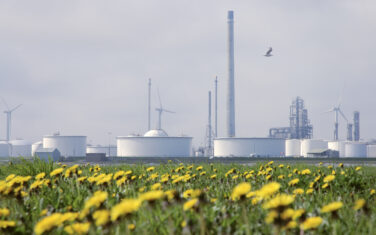
Raw materials transition
The materials transition aims for a circular economy, and is about building a fundamental new structure of the economy.
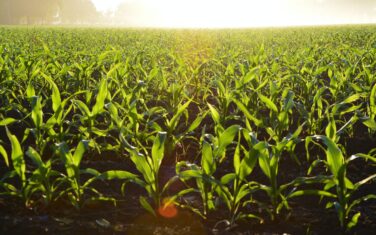
Agrifood Transition
A transformation of food, land use, and water systems is needed to drastically reduce climate impact and restore nature and biodiversity.
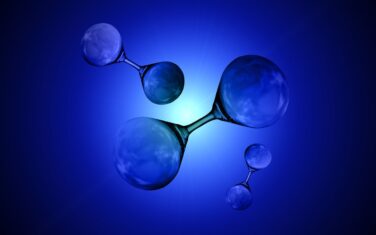
Hydrogen
Green hydrogen is pivotal for realizing the energy transition and establishing a sustainable, CO2-neutral economy.
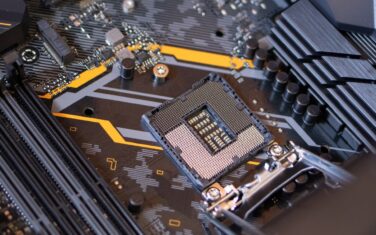
Digitalisation
Industrial plants can benefit from technological advances to enable efficient use of energy and resources.
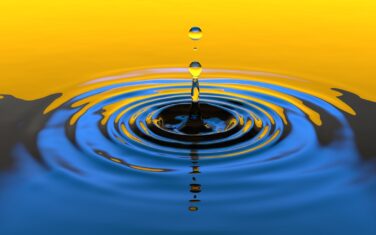
Separations
Reducing the industrial water footprint means reusing valuable components from water and lowering the energy consumption.
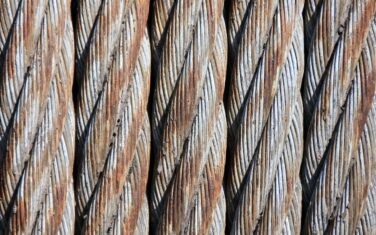
Carbon
Carbon is an essential element present in various aspects of our daily lives, playing a pivotal role in energy production, construction materials, food, textiles, and chemicals. However, the association between...

Circularity
Circularity is the cornerstone of a sustainable future. ISPT is working on feasible and innovative solutions that will lead to full circularity by 2050.
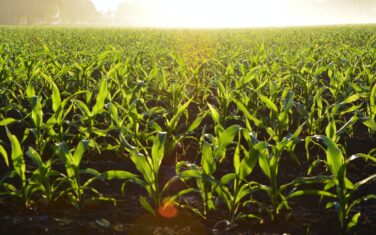
Food
To feed the world within the bounderies of the ecosystem, we need to redesign our food industry.
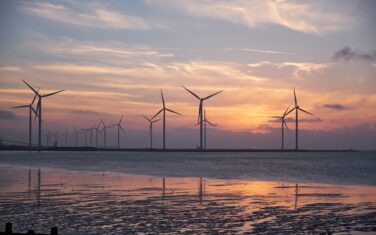
Electrification
Electrification is the transition from fossil to renewable electrical energy. It will significantly lower the CO2-footprint of the Dutch process industry.
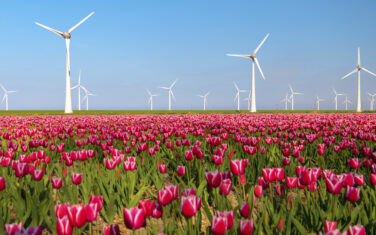
Energy transition
The industrial sector in the Netherlands plays a crucial role in the energy transition.
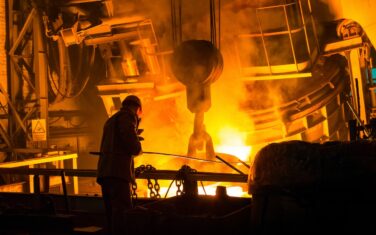
Heat
In the transition towards a sustainable, CO2-free economy Dutch industry needs to develop sustainable heat supply systems.
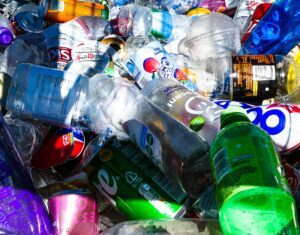
Plastics
We live in a plastic age. Our society thrives thanks to developments in polymer science and technology. However, unlike other materials, plastic does not biodegrade. It can take up to...